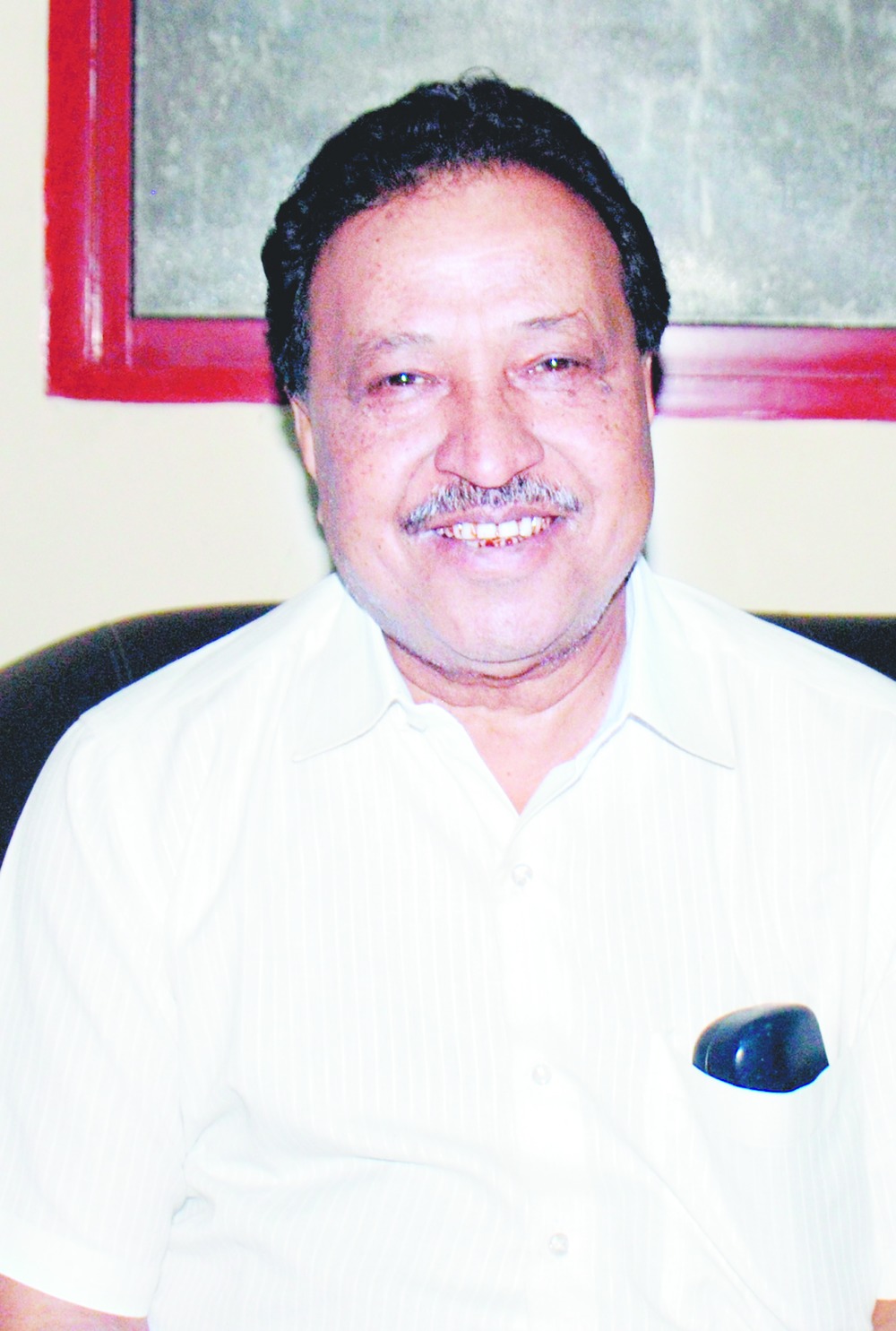
Ajay Patnaik, senior teacher at JNU's Centre for Russian & Central Asian Studies in the School of International Studies, shares his views on students' politics at JNU and the Centre's interference at universities in an exclusive interview with Roshan Kumar. Patnaik is the JNU Teachers' Association (JNUTA) president.
Why did the JNUTA support Kanhaiya so strongly?
The autonomy of the university was interfered; its internal mechanism was not allowed to function properly in the case and before it could act in the case, police entered the campus. On the basis of complaint of some MPs, action was taken. Two days after the alleged anti-national statements were raised on the campus, an FIR was lodged against some unknown persons and Kanhaiya was picked up, bypassing our institution mechanism. Thereafter, there were talks at various platforms of JNU students being involved in anti-national activities, directly maligning the reputation of the university.
We were left with no other alternative but to come forward in safeguarding the interests of students and upholding the university's reputation.
Do you think that Kanhaiya should fan across India, creating a grand secular alliance especially after chief minister Nitish Kumar strongly supported his case?
I appreciate the support extended by Bihar chief minister Nitish Kumar in the Kanhaiya case. He openly supported him and opposed the Centre's interference in university mechanism. His support was very helpful to the students and us (teachers). Kanhaiya spoke to me and expressed his gratitude towards Nitish Kumar for his help and cooperation in his case. But I don't think Kanhaiya should go across the country creating a grand secular alliance. Instead, he should concentrate on students' activities.
Do you think there is central aggression (interference) in central universities?
Autonomy of universities is under stress. We have seen the Union government interfering in FTII, Pune, and Hyderabad University. There are many ways of interference such as in appointments, day-to-day functioning and others. Universities should be given free hand in functioning. There should be no government interference. Universities should be allowed to prepare its course, syllabus, and we want to do research.
There have been rumours that the Centre is saffronising higher education.
I don't want to comment whether there is saffronisation of institutes or not. As JNU Teachers' Association president, we want autonomy and freedom to teach that we find worth teaching. We need freedom in making our syllabus, course content, interaction with students and teachers. The moment there is interference in university mechanism, it loses its creativity and universities suffer.
How was JNU affected after the Kanhaiya episode?
Students were scared, many struggled to get justice for students. Students were worried about their future. Sometimes, the administration is not cooperative. Students were tense about who would be arrested next. We wanted independent credible internal agencies for probe.
Do you think political activities in JNU get more importance in academic activities in the past few years?
No. There is a culture of discussion in JNU, we promote free debate, discussion. Students have received the freedom to express their thought and ideas. We have free debates and discussions on various topics. It is with this freedom that JNU students have done brilliant research, written books and articles in many sectors. You can find JNU students working in all major universities; campuses where you don't find such freedom do not produce such research.
JNU did not even allow Ram Dev to enter. Advani's function was postponed.
I am not in support of any type of oppression or suppression in freedom of speech. I was told that Ramdev cancelled the event himself. But even former Prime Minister Manmohan Singh was not allowed to enter the campus. Even Indira Gandhi was shown black flags in 1981 when I was a students' leader. Students were beaten up. But I feel that there should be no protest or stopping of individual to enter campuses. It may be the students' prerogative to listen to them or not.










